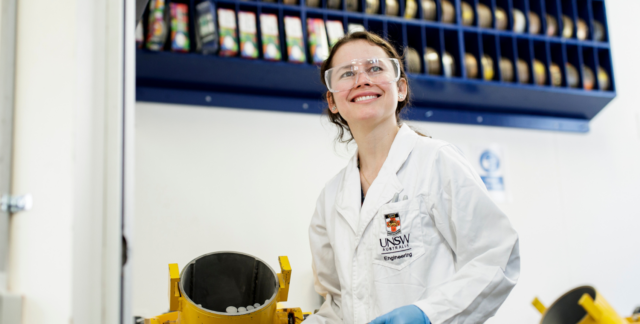Conclusions
Examining the rich evidence base provided by SAGE Athena Swan applications, I consider the ways that universities administer workplace sexual harassment prevention and remedy in academic and professional staff workplaces.
I present new insights into its administration across the Australian higher education sector, its effectiveness, and evidence of interventions brought about through the SAGE pilot.
Method
My research extracts data from the full cohort of Athena Swan Bronze Award applications and action plans on what universities have said about their existing and proposed policies, practices and prevalence of workplace sexual harassment.
This data is coded and analysed against a research-informed framework developed by Mcdonald et al. (2015), that describes effective organisational interventions to prevent and address sexual harassment in the workplace. I consider how developed primary, secondary and tertiary strategies are across the sector, and what these strategies are.
Background
This research is part of my broader doctoral research project creating a whole-of-sector view of university employer strategies to address workplace sexual harassment, how they are formulated and what kind of regulation would assist the sector to create progressive change.
Developed policies are supported by cultures that assess risk factors and reward managers who respond appropriately to harassment claims (McDonald et al. 2015). My research contributes to a growing body of literature on Athena Swan interventions and outcomes, mostly conducted in UK universities (Gregory-Smith 2018; Rosser et al. 2019; Kalpazidou Schmidt et al. 2019; Ovseiko 2017; Tzanakou and Pearce 2019; Caffrey et al. 2016).
References
Caffrey L, Wyatt D, Fudge N, Mattingley H, Williamson C and McKevitt C (2016) ‘Gender equity programmes in academic medicine: a realist evaluation approach to Athena SWAN processes’, BMJ Open, 6(9):e012090.
Gregory‐Smith I (2018) ‘Positive Action Towards Gender Equality: Evidence from the Athena SWAN Charter in UK Medical Schools’, British Journal of Industrial Relations, 56(3):463–483.
Rosser SV, Barnard S, Carnes M and Munir F (2019) ‘Athena SWAN and ADVANCE: effectiveness and lessons learned’, The Lancet, 393(10171):P604–608.
McDonald P, Charlesworth S and Graham T (2015) ‘Developing a framework of effective prevention and response strategies in workplace sexual harassment’, Asia Pacific Journal of Human Resources, 53(1):41–58.
Kalpazidou Schmidt E, Ovseiko PV, Henderson L and Kiparoglou V (2020) ‘Understanding the Athena SWAN award scheme for gender equality as a complex social intervention in a complex system: analysis of Silver award action plans in a comparative European perspective’, Health Research Policy and Systems, 18:19.
Ovseiko PV, Chapple A, Edmunds LD and Ziebland S (2017) ‘Advancing gender equality through the Athena SWAN Charter for Women in Science: an exploratory study of women’s and men’s perceptions’, Health Research Policy and Systems, 15:12.
Tzanakou C and Pearce R (2019) ‘Moderate feminism within or against the neoliberal university? The example of Athena SWAN’, Gender, Work and Organization, 26(8):1191–1211.
Presenter
- Alicia C. Pearce, University of Technology Sydney
I acknowledge the support of the UTS Quentin Bryce Scholarship in conducting this research.


